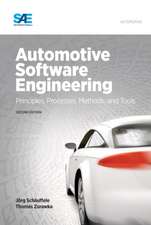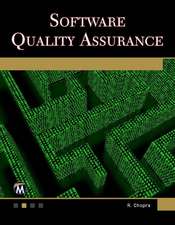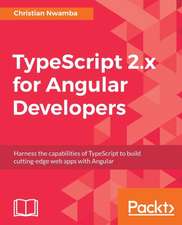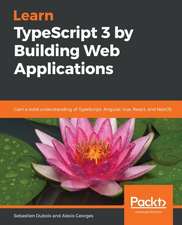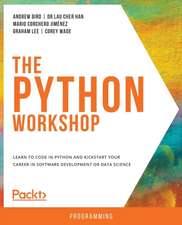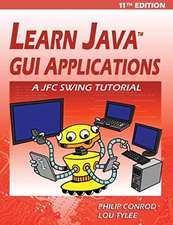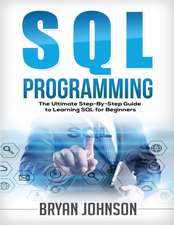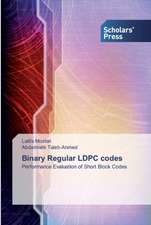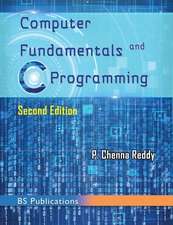Progress of Concurrent Objects
Autor Hongjin Liang, Xinyu Fengen Limba Engleză Paperback – 18 mai 2020
Preț: 492.81 lei
Preț vechi: 616.00 lei
-20% Nou
Puncte Express: 739
Preț estimativ în valută:
94.31€ • 98.10$ • 77.86£
94.31€ • 98.10$ • 77.86£
Carte tipărită la comandă
Livrare economică 15-29 aprilie
Preluare comenzi: 021 569.72.76
Specificații
ISBN-13: 9781680836721
ISBN-10: 1680836722
Pagini: 148
Dimensiuni: 156 x 234 x 8 mm
Greutate: 0.22 kg
Editura: Now Publishers Inc
ISBN-10: 1680836722
Pagini: 148
Dimensiuni: 156 x 234 x 8 mm
Greutate: 0.22 kg
Editura: Now Publishers Inc
Descriere
Examines the progress properties of concurrent objects. The book formulates each progress property in terms of contextual refinement so that, when verifying clients of the objects, concrete object implementations can be replaced with their abstractions with certainty, achieving modular verification.


